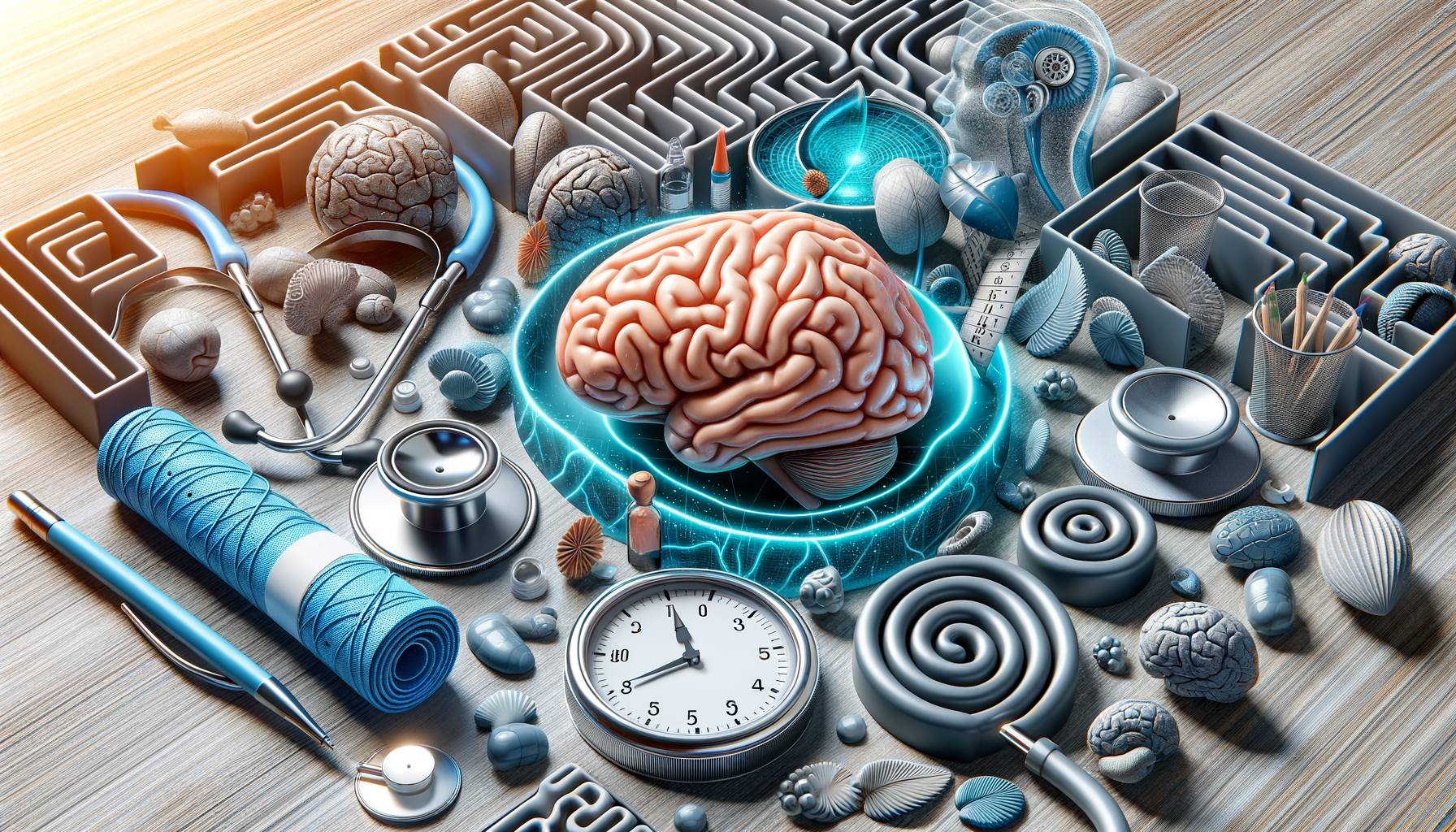
Natural Migraine Relief: Simple Remedies That May Help
Understanding Migraines: A Common Yet Complex Condition
Migraines are more than just severe headaches; they are a neurological condition that can significantly impact daily life. Characterized by intense, throbbing pain often on one side of the head, migraines can be accompanied by symptoms such as nausea, vomiting, and sensitivity to light and sound. According to the World Health Organization, migraines are among the top 20 causes of disability worldwide, affecting millions of individuals.
Unlike regular headaches, migraines involve complex changes in the brain and blood vessels. They can be triggered by various factors, including stress, hormonal changes, certain foods, and environmental changes. Understanding these triggers is crucial for managing the condition effectively. People often find relief through a combination of medical treatments and lifestyle adjustments.
While the exact cause of migraines is not fully understood, research suggests that genetics and environmental factors play a role. Some individuals may experience warning signs, known as auras, before the onset of a migraine. These can include visual disturbances, tingling sensations, or even difficulty speaking. Recognizing these signs can help individuals take preventive measures to alleviate the severity of an attack.
Natural Remedies for Migraine Relief
For those seeking alternatives to medication, several natural remedies may offer relief from migraine symptoms. While these approaches may not work for everyone, they can be an integral part of a comprehensive migraine management plan. Here are a few natural remedies that many find beneficial:
- Hydration: Dehydration can be a trigger for some people. Drinking plenty of water throughout the day can help prevent migraines.
- Herbal Supplements: Some individuals report relief with supplements such as butterbur and feverfew, which have been studied for their potential to reduce migraine frequency.
- Essential Oils: Lavender and peppermint oils are commonly used for their calming and soothing properties. Applying these oils to the temples may help alleviate pain.
It’s important to consult with a healthcare provider before trying new supplements or remedies, especially if you are taking other medications. Natural remedies can be a valuable addition to traditional treatments, offering a holistic approach to managing migraines.
Diet and Lifestyle: Key Factors in Migraine Prevention
Diet and lifestyle choices can have a significant impact on the frequency and severity of migraines. Certain foods and beverages are known to trigger migraines in some individuals, including aged cheeses, processed meats, and alcohol. Keeping a food diary can help identify specific triggers and guide dietary adjustments.
Regular physical activity is also beneficial for overall health and can help reduce the frequency of migraines. Exercise releases endorphins, which are natural pain relievers, and helps reduce stress, a common migraine trigger. However, it’s important to choose activities that are enjoyable and not overly strenuous, as excessive exertion can sometimes trigger migraines.
Establishing a regular sleep schedule is another important factor. Irregular sleep patterns and insufficient rest can contribute to migraine attacks. Aim for consistent sleep and wake times, even on weekends, to support a healthy sleep cycle.
Stress Management Techniques for Migraine Relief
Stress is a well-known trigger for migraines, and effective stress management can play a crucial role in reducing the frequency and intensity of attacks. Incorporating relaxation techniques into daily life can help manage stress levels and promote overall well-being.
- Mindfulness Meditation: Practicing mindfulness meditation can help calm the mind and reduce stress. It involves focusing on the present moment and accepting thoughts and feelings without judgment.
- Yoga: Yoga combines physical postures, breathing exercises, and meditation, making it an excellent practice for stress reduction and promoting relaxation.
- Deep Breathing Exercises: Taking slow, deep breaths can help activate the body’s relaxation response, reducing tension and stress.
Incorporating these practices into your routine can provide a sense of control and empowerment, helping to manage migraines more effectively. Finding the right combination of techniques that work for you is key to long-term relief.
Conclusion: Empowering Yourself with Knowledge and Options
Migraines can be a challenging condition to manage, but understanding the various factors that contribute to their occurrence can empower you to take control of your health. By exploring natural remedies, making dietary and lifestyle changes, and incorporating stress management techniques, you can find a personalized approach that fits your lifestyle and needs.
While natural remedies may not replace medical treatments, they can complement your overall migraine management plan. Always consult with healthcare professionals to ensure that your approach is safe and effective. With the right combination of strategies, you can reduce the impact of migraines on your life and enjoy greater well-being.


